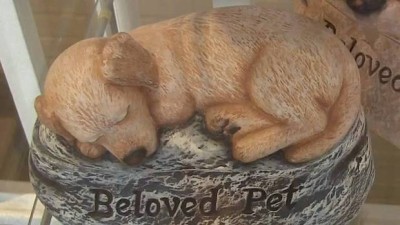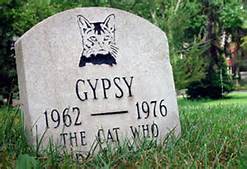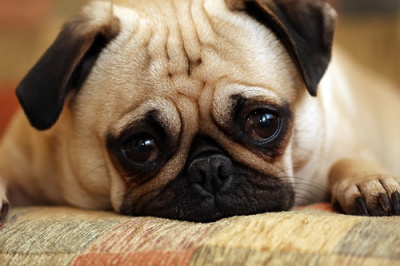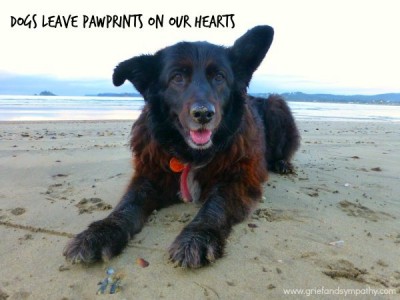
It may be endlessly difficult for many people to understand the unique relationship many of us have with our pets. They are our children, and in that way are irreplaceable. This theme tends to rise in the sad times when our pet’s health begins to waver. Over the past twelve years, I have helped thousands of people in the throes of pet sickness and pet loss. Hopefully this advice may comfort you as well in times of need.
Undoubtedly, losing a pet is one of the most excruciating trials a person can undergo. Over time, and perhaps instantly in many cases, pets come to inhabit an intensely personal and sentimental part of one’s life. They are forever friends, always close and unconditionally loving. One’s relationship with a pet is always unwavering and this inevitably comes due to a grand selflessness on the pet’s part.
So how do we move forward once a pet is taken from us? First of all, know that it is not only possible but critical and significant to do so.
Losing a pet is a monumental experience; its lessons dilate, helping us to navigate life’s greater questions. To sit by your pet as he or she experiences the sadder points of aging is to embolden oneself and come face-to-face with some of life’s most enduringly painful, but significant experiences.
A major tip is latent in this comment: be honest and open about it. It is important not to live in denial or refuge after a pet’s death. Hard though it may be, it is ultimately vastly helpful to express your emotions as faithfully as they rise within you. To confront a pet’s death head on is to honor the immense feelings shared between you and your pet. It is an exercise in love in the truest sense. To give anything less would be to ignore the special space your pet occupied in your life. It is helpful, to you, to find the courage to feel honestly and openly, for the sooner your emotions are acknowledged, the less time-consuming and difficult moving on will be.
Take as much time as you need. Many people feel prompted by one pet’s death to get another. While this sentiment is understandable, it is often a shaky attempt to find a new pet to fill its place. This is a poor choice for a few reasons. First, it is unfair to a new pet that it has found a home in which it is expected to live up to an old pet’s expectations. Pets should be thoroughly encouraged to embrace their own personalities and idiosyncrasies. So if you have not yet reconciled a pet’s death to the point where you may live at peace with the fact that the special space it occupied cannot be reclaimed, please try to hold off on getting a new pet. Trust me, a new pet will fill an entirely new space and take on a new importance in ways that will become meaningful to you with time.
There is thus no time frame that dictates when it is all right to get a new pet. This decision is dependent solely on your psychological sturdiness—whether you have sufficiently worked through the grief of your lost pet will help determines whether you can successfully begin afresh with a new animal companion. (P.s. when the time comes that you decide on a new pet, try to avoid a look-alike.)
The death of a pet requires both patience and honesty. Don’t let friends or family try to talk down your upset. It is not true, no matter how often people claim it, that “he was just an animal,” or “you’ll be fine in a few days”. Just the opposite is true. You should try with all your might to transform this sunken period of time into one of health and rebirth and remembrance. Often, we go through the days of our lives without thinking deeply about the relationship we have with our pets. The time following a pet’s death is the perfect time to sit back and reflect on the connection you shared. This is an important part of the grieving process, which should be seen all the way through. Ideally, you want your pet to survive unconditionally in your heart and memories as a positive force. You do not want the harsh memories of its death to override a heartfelt nostalgia. But without ample time spent consciously grieving, it is difficult to ever move on.
Remember: grief, sadness and pain are very normal, expected, and sincerely human emotions that follow a pet’s death. Do not feel silly or overemotional. Feel honored to have had such a great relationship with your pet that it truly hurts to have them gone. This, after all, is the ultimate compliment to the wonderful relationship you shared.
For the Best that Pet Lifestyle and animal welfare has to offer follow Wendy Diamond on Facebook, Twitter, and right here at AnimalFair.com!






